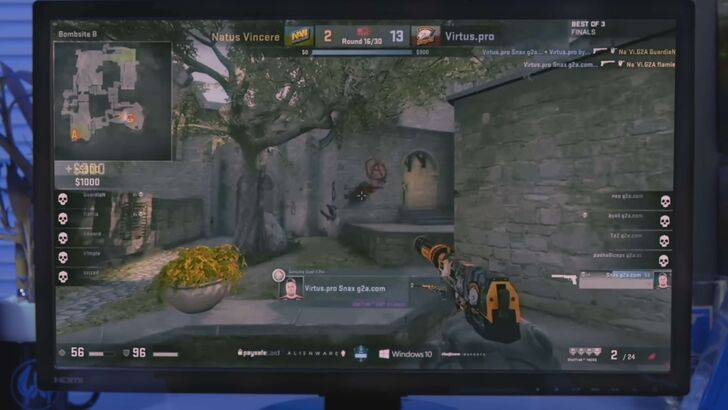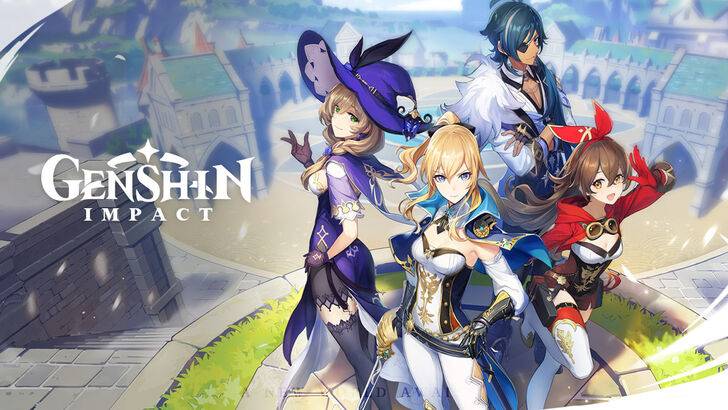Game Development Trends: PC Dominates, Live Service Concerns Rise, and Representation Gaps Emerge
The 2025 Game Developers Conference (GDC) State of the Game Industry report highlights significant shifts in game development, revealing a strong PC focus, concerns surrounding live service games, and underrepresentation of certain developer communities.

PC's Reign: The report underscores the PC's dominance in game development, with a staggering 80% of developers prioritizing this platform – a 14% increase from 2024. While the exact reasons remain unclear, the report suggests the rising popularity of Valve's Steam Deck may be a contributing factor. Interestingly, although not a direct survey option, 44% of developers who selected "Other" specified the Steam Deck as a target platform.

This trend builds upon previous years, with PC's share growing from 56% in 2020. While the emergence of user-generated content (UGC) platforms like Roblox and Minecraft, and the anticipated release of the Switch 2, might introduce some variation, PC's position as the leading platform remains firmly established.

Live Service Games: A Mixed Bag: The report also sheds light on the prevalence of live service games within the AAA development sector, with one-third (33%) currently engaged in such projects. Across all respondents, 16% are working on live service titles, while 13% express interest. However, a significant 41% show no interest, citing concerns such as declining player engagement, creative limitations, potentially exploitative practices, and developer burnout. GDC points to market saturation as a major challenge, exemplified by the recent closure of Ubisoft's XDefiant.

Representation Matters: A subsequent PC Gamer report highlights a significant underrepresentation of non-Western developers in the GDC survey. Nearly 70% of respondents hailed from Western countries (US, UK, Canada, Australia), with notable absences from major gaming regions like China and Japan. This raises concerns about potential biases in the report's findings and their applicability to the global game development landscape.

In conclusion, the GDC report offers a valuable snapshot of current game development trends, but also underscores the need for broader representation and a more nuanced understanding of the challenges and opportunities across diverse regions and developer communities.






























